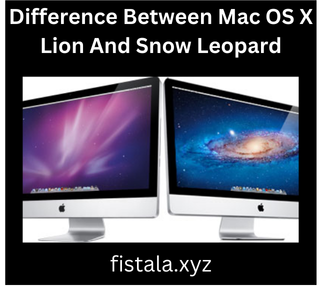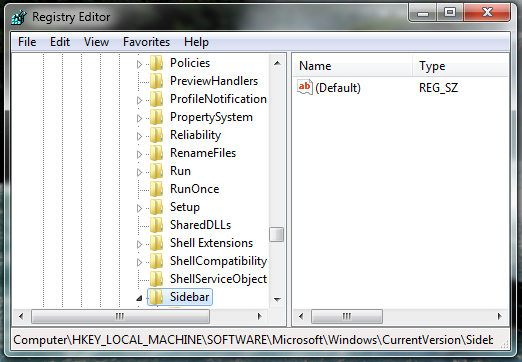Linux is a free and open source kernel that powers operating systems on everything from laptops to mobile phones, but Linux has been most successful for an extended amount of time on servers. Over the past two decades, Linux has gradually replaced many old Unix servers, especially those that serve websites to people around the world.
Linux-based operating systems, often called “distributions”, are great for servers in general, and many small, medium, and large businesses depend on them. Nevertheless, not all Linux distributions are the same, and when it comes to servers, they are certainly not all equal.

Some Linux distributions are multi-puprose and are rather flexible when it comes to working equally well on desktop computers as on servers. Others are specifically designed for desktop computing, mobile devices, or dedicated servers. There are hundreds of such distributions, and the following list is only a few of the many that Linux system administrators consider to be good server distributions.
1. Red Hat Enterprise Linux
Red Hat Linux has a long history of being a community-based Linux operating system that was flexible enough to work on both desktop and servers. Red Hat eventually decided to focus more on enterprise and created Red Hat Enterprise Linux for use on servers and business workstations. RHEL has a very controlled package inclusion process, and many of the packages are usually several versions behind their current releases in order to ensure that they have been tested and work properly. As a commercial distribution, RHEL requires licensing but also offers support and other services.
Read: 5 Insights of Computer Registry Repair
2. Debian
Like RHEL, Debian is one of the oldest and most trusted server OSes. Unlike RHEL, Debian continues to be a community distribution, and anyone is free to download it, use it, and share it. Two primary features make Debian stand out from other operating systems: 1. Its package approval process is among the most stringent. Packages that finally make it into Debian’s stable distribution may be several months or even years old. 2. Its package management system, called APT, is considered the best by many because of its ease of use and the large package repository behind it.
3. Gentoo
Gentoo takes a drastically different approach to system stability and optimization than the others on this list. It is highly customizable, and it is designed to compile all programs from source to be particularly optimised for the system on which it is installed. For those that dislike it, Gentoo is too time consuming, but for those who love it, the performance and flexibility make up for the amount of time it takes to achieve it.
Read: Top 4 Common Reasons For Failure of CRM
4. Slackware
Perhaps the oldest Linux distribution still in existence, Slackware is all about security and stability. Only the most trusted and reliable programs will run on a Slackware server. This makes it ideal for mission-critical servers that cannot afford the occasional crash or broken package. Slackware also specializes in simplicity with the basic plain text configuration files that Linux system administrators should all know anyway.
5. CentOS
Based on Red Hat Enterprise Linux, CentOS has become one of the most popular operating systems for dedicated web servers. It is a community distro based on the source code of RHEL that maintains 100% package compatibility. This makes it ideally catered for servers while also being completely free of charge. Like RHEL, it uses the trusted and reliable YUM package management system and comes with several unique configuration tools. Many of the top hosting companies providers offer CentOS to their customers.
Others
There are many other server distributions that are not necessarily as popular with web servers but that may be worth considering. These include SUSE Linux Enterprise Server, Ubuntu Server Edition, and Fedora. Each has its own strengths and weakness, but all of them have the power and freedom of Linux to make them great choices for your server needs.






